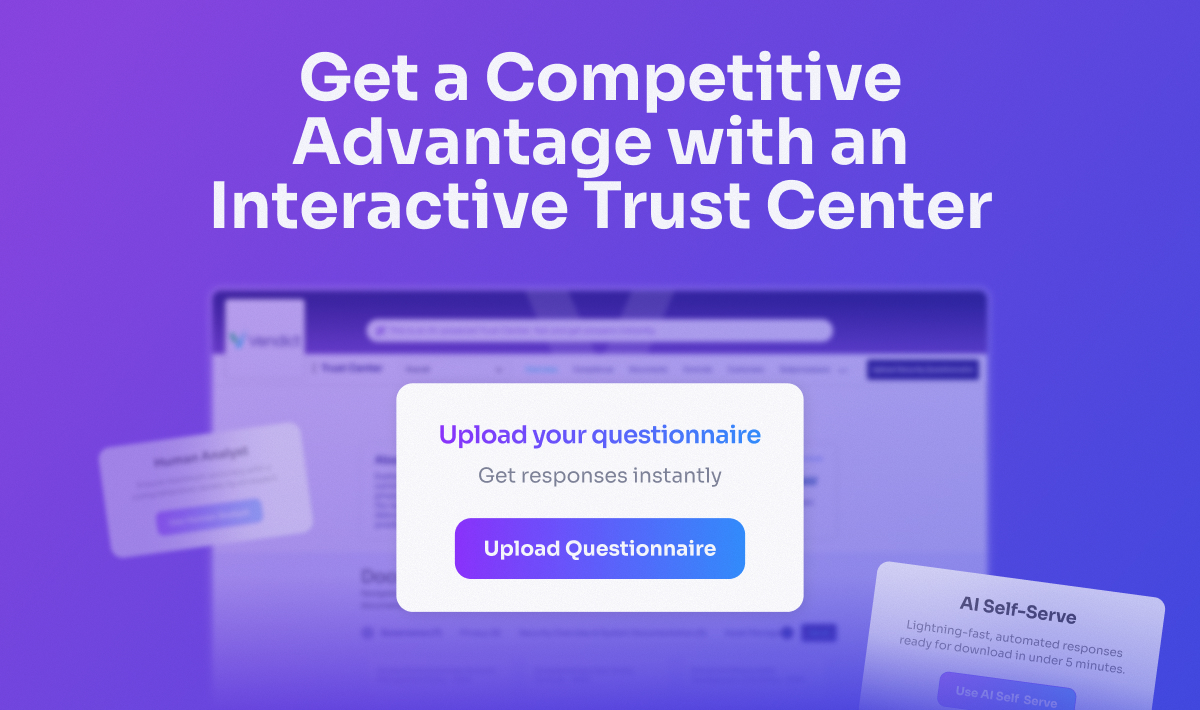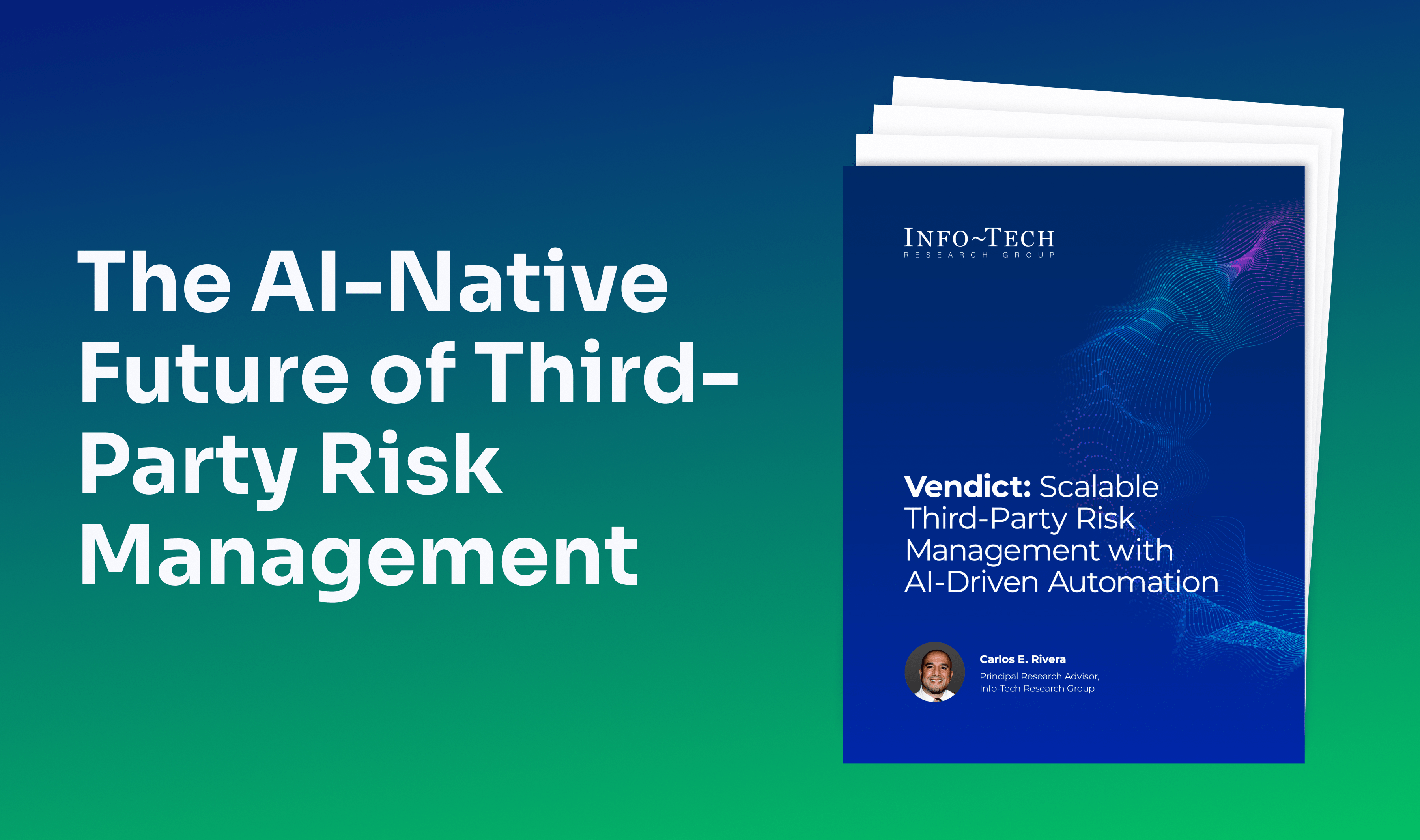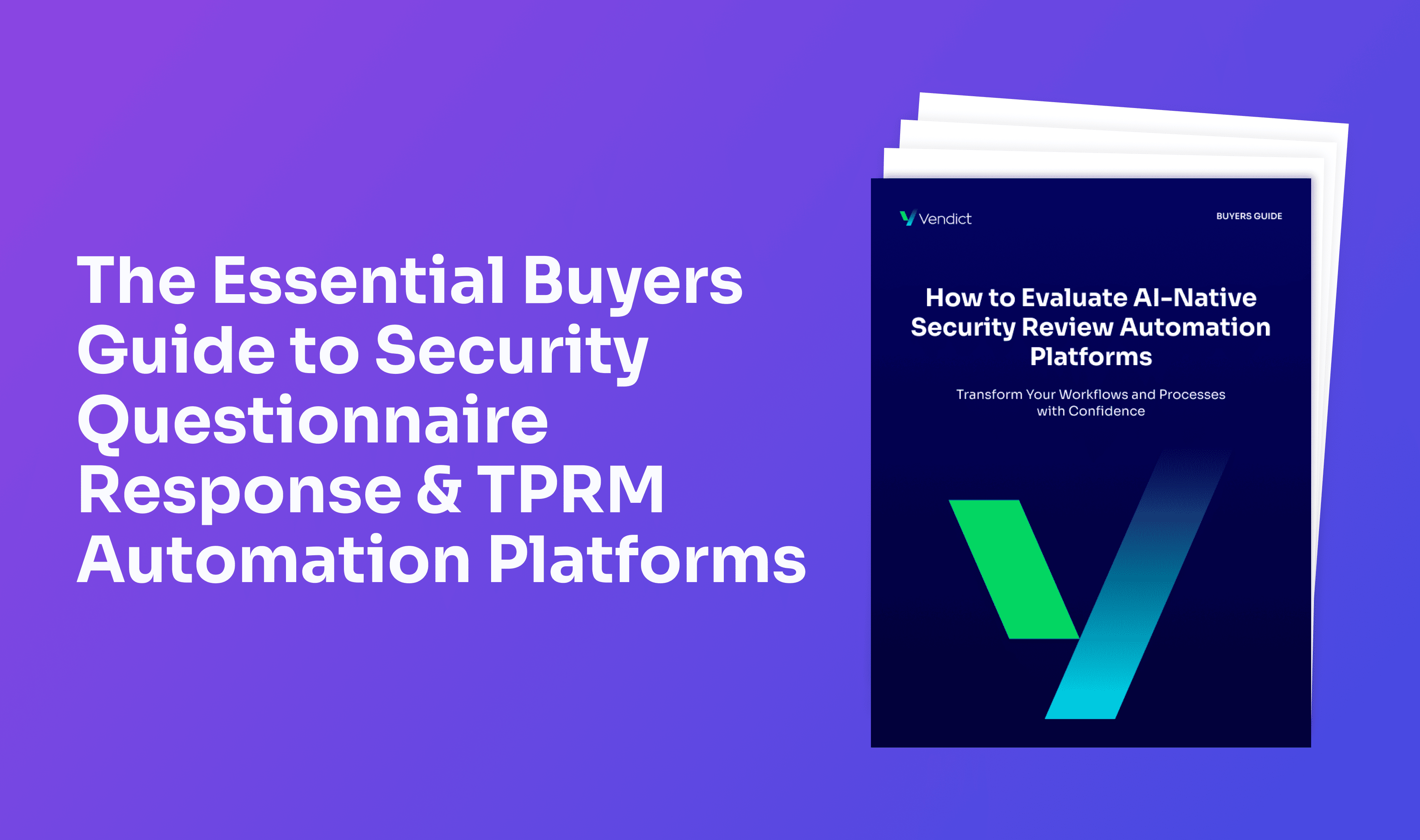What is SOC Compliance? Main Criteria and Requirements

Service Organization Control (SOC) compliance is a vital framework that organizations adopt to ensure top-tier data security and operational reliability. Through a thorough external audit, this certification confirms an organization's dedication to protecting data with rigorous standards.
Central to this compliance is SOC for Cybersecurity—a dedicated examination designed to assist organizations in strengthening their digital safeguards. The emphasis on establishing tangible and effective security controls is ever more crucial in an age characterized by compliance signals an organization's unwavering focus on cybersecurity, setting the foundation for robust digital practices and earning the trust of stakeholders.
As cyber threats continue to evolve, businesses that prioritize and adhere to SOC standards are better positioned to protect sensitive data, maintain operational integrity, and foster a strong reputation in their respective industries. This commitment not only safeguards the organization's assets but also builds confidence among clients, partners, and investors, all of whom value the assurance that their data and interactions are held to the highest standards of security and confidentiality.
What Does SOC Represent?
The SOC framework, an initiative by the American Institute of Certified Public Accountants (AICPA), stands as a testament to an organization's unwavering commitment to preserving the sanctity of client data. At its core, SOC 2 offers an in-depth evaluation mechanism, ensuring that service providers manage customer data with unyielding security.
Today's digital realm sees businesses increasingly interconnected, relying heavily on third-party vendors like SaaS companies, cloud-computing entities, and other digital service providers. In this intricate web of digital operations, the significance of a robust compliance mechanism like SOC 2 becomes undeniably paramount.
Beyond its foundational principles, SOC 2 is a symbol of trust, broadcasting an organization's dedication to ensuring data security, availability, processing integrity, confidentiality, and privacy in every facet of its operations.
Differences Between Various SOC Types
Navigating the landscape of SOC compliance reveals its multifaceted nature, branching into distinct types tailored for specific operational needs.
SOC 1
Predominantly concerned with financial controls, SOC 1 is a crucial framework for organizations with a significant focus on financial reporting. This type offers an in-depth view of an organization's internal controls that might impact its financial statements.
By ensuring that these controls are robust and transparent, SOC 1 certification becomes an indispensable asset for businesses looking to assure stakeholders of their financial integrity and transparency. Especially relevant for entities like banks, investment firms, and financial service providers, SOC 1 aids in fostering trust and credibility.
SOC 2
As perhaps the most encompassing of the SOC types, SOC 2 dives deep into the Trust Service Criteria. These criteria, encompassing security, availability, processing integrity, confidentiality, and privacy, offer a comprehensive view of an organization's data management and protection strategies. Each criterion holds unique significance:
- Security: Assures stakeholders of protection against unauthorized access, be it physical or digital.
- Availability: Guarantees systems and data are available for operation and use as committed or agreed upon.
- Processing Integrity: Ensures system processing is complete, valid, accurate, timely, and authorized.
- Confidentiality: Information designated as confidential is protected as such.
- Privacy: Personal information is collected, used, retained, and disposed of in line with the organization's commitments and system requirements.
SOC 3
While it resonates with the principles of SOC 2, SOC 3 has a distinct identity. SOC 3 offers a summarized, general-use report designed primarily for public consumption. This makes it accessible to a broader audience, including potential clients or partners who might want an overview of an organization's controls without delving into specific details. For organizations looking to showcase their commitment to data security without disclosing intricate details, SOC 3 becomes an ideal choice.
Given its comprehensive nature, SOC 2 becomes especially relevant for service providers storing customer data in the cloud, ensuring they maintain the highest data security and integrity standards.
Understanding these variations becomes crucial for organizations aiming for SOC compliance. It allows them to select the variant that aligns seamlessly with their operational objectives, ensuring comprehensive compliance.
Who is Required to Comply with SOC?
Though SOC compliance might initially seem tailored for specific sectors, its importance cuts across various business types, from budding startups to well-established multinational corporations.
Service providers, such as cloud computing vendors, payment processors, and data storage companies, often grapple with vast volumes of sensitive data. Their central roles in data management and secure transactions make SOC compliance crucial to their operational integrity.
Several industries inherently prioritize data security. For instance, the healthcare sector handles confidential patient records, finance deals with customer financial transactions, and e-commerce platforms manage both user data and transaction details. SOC compliance isn't just beneficial for these industries—it's often seen as a benchmark for operational trustworthiness.
Embracing SOC standards is more than a regulatory move. It's a clear indication of an organization's dedication to safeguarding data. Given the potential ramifications of data breaches in today's digital environment, maintaining SOC compliance is both a protective measure and a strategic business decision.
Main SOC Requirements for Cybersecurity
SOC compliance is anchored by five trust service principles, each with its distinct focus and set of criteria:
- Security: This principle ensures that system resources are well-guarded against unauthorized access. It's all about setting up the right measures to prevent unauthorized individuals or systems from accessing the data or the systems where this data is stored.
- Availability: It pertains to the consistent availability of systems, products, or services as promised or agreed upon. It emphasizes the need for minimized system downtime or ensuring any downtime is within the organization's defined acceptable limits.
- Processing Integrity: This principle stresses the importance of a system's accurate and timely operation. It ensures data processing happens as it should—timely, accurate, and always authorized.
- Confidentiality: Here, the emphasis is on ensuring that information designated as confidential remains so. It's about guaranteeing that sensitive data, be it personal details or intellectual property, remains shielded from unauthorized access.
- Privacy: This principle dictates how personal information should be managed. It covers everything from how it's collected and used to its retention and eventual disposal, all in line with the organization's privacy notice and the criteria set by the AICPA.
Adhering to these trust service principles is paramount in an ever-evolving landscape of cyber threats. Modern tools and centralized dashboards allow organizations to monitor and manage their compliance effectively, ensuring they can keep their data safe in this dynamic environment.
What are the Benefits of Getting a SOC for Cybersecurity Report?
Obtaining a SOC for Cybersecurity report offers more than just a certification; it demonstrates an organization's dedication to cybersecurity. This report is a powerful tool for building and fortifying the trust of stakeholders, showing them that their data is in safe hands. It can also streamline bringing new clients on board, as having a SOC report can alleviate potential concerns about data security, making business transactions smoother and more efficient.
From an internal perspective, the report is invaluable. It provides organizations with a roadmap for their cybersecurity strategies, highlighting areas of strength and pointing out potential vulnerabilities. The insights from the report can be used to enhance digital defense mechanisms, ensuring that the organization is well-prepared to fend off cyber threats.
Additionally, with the ever-growing maze of regulatory requirements that organizations must navigate, having a SOC for Cybersecurity report simplifies compliance. It gives organizations a clear framework to follow, ensuring they remain compliant with industry standards and regulations, ultimately allowing them to operate with increased confidence and agility in a complex digital landscape.
What are the Penalties for Non-Compliance with SOC?
Even though SOC compliance isn't a legal requirement, not adhering to its standards can seriously affect organizations. If they fail to comply, they might face penalties stipulated in contracts, especially if non-compliance leads to data breaches or other security lapses.
Reputation is a valuable asset in today's digital age, and any perceived shortcomings in data security can tarnish an organization's image. This reputational damage can lead to lost business opportunities and make it harder to forge new partnerships or retain clients. Given clients' high value on trust and data security, even minor lapses or hints of non-compliance can escalate into significant challenges.
Moreover, data breaches, which become more likely without SOC compliance, can indicate a relaxed approach to data protection. Such events don't just result in short-term financial losses due to penalties or compensation but can also strain or sever long-standing client relationships, leading to sustained revenue loss.
Given these risks, achieving SOC compliance is more than just about meeting a standard. It's an essential strategy for businesses aiming to protect their reputation, maintain client trust, and ensure their long-term success.
Bottom Line
SOC compliance is an emblem of an organization's dedication to data protection and operational reliability. Through the various types of SOC—each with its specific focus and criteria—organizations can tailor their compliance to their unique operational needs, from financial controls to data security.
This commitment, highlighted by obtaining a SOC for Cybersecurity report, enhances stakeholder trust, simplifies client onboarding, and provides clarity in the ever-complex realm of cybersecurity. However, the journey doesn't come without its challenges. Non-compliance can lead to tangible penalties, reputational damage, and strained relationships.
In the end, SOC compliance isn't just about meeting set standards; it's a strategic move for businesses aiming to ensure data security, build lasting trust, and pave the way for sustained success in a rapidly evolving digital landscape.
.png)









.png)